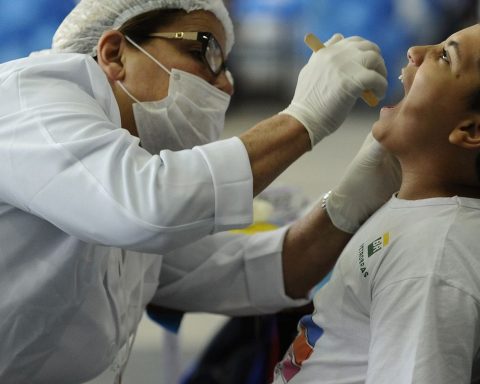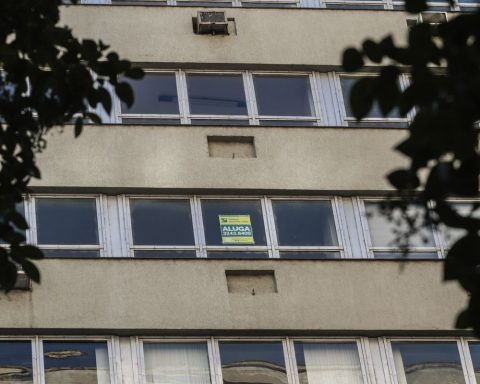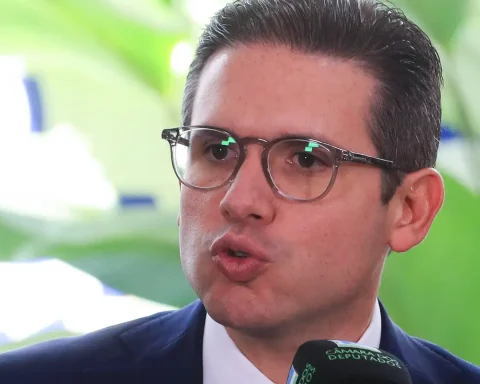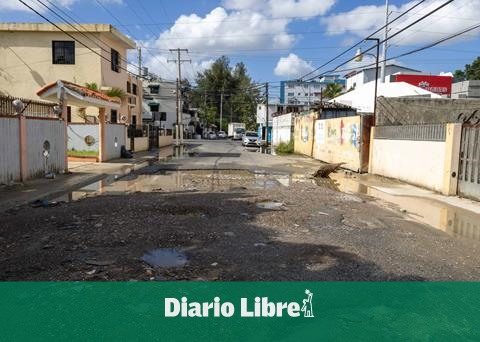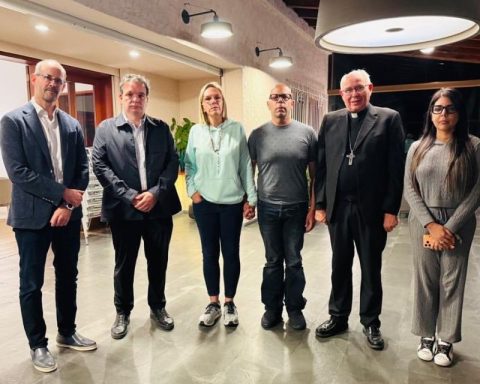In LGBTQIA+ Pride Month, the debate about employability and inclusion of this community in the job market increases. According to research carried out by the #VoteLGBT+ collective, the main impacts that hit the community in the first months of the covid-19 pandemic were worsening mental health, withdrawal from the support network and lack of source of income.
The survey carried out in the five Brazilian regions with 7,292 people also reveals that, during the pandemic, six out of ten people in this community lost their jobs or income.
The survey, carried out last year, has not yet been updated, but it already revealed the negative consequences of the pandemic for the LGBT+ population, as if they were part of a cycle of exclusion. Hence, suggesting that possible solutions to these problems should be considered in an articulated way, thinking about solving structural problems in the long term.
shy opening
In the job market, the psychologist and counselor of the Brazilian Association of Human Resources (ABRH), Jacqueline Resch, told Brazil Agency which is seeing a move towards more openness, although the statistics are not favourable. “But if you think back a few years, we start to see, yes, an opening”, he confirmed.
The allocation of vacancies for trans professionals is already adopted by some companies, such as Casa & Vídeo do Rio de Janeiro, for example, or Ambev, which hired singer Lina Pereira, better known as Linn da Quebrada, as a new diversity consultant. and inclusion (D&I).
At the category congress, which ABRH promotes on the 21st and 22nd, in Barra da Tijuca, west of Rio de Janeiro, the issue of diversity will be addressed in general, with a specific panel on trans professionals.
“I would say that some companies come out ahead, they are more sensitive”. Jacqueline highlighted, however, that according to statistics, 75% of LGBTQIA+ workers hide their sexual orientation and gender identity because they are afraid of not being accepted.
working groups
The matter is on the agenda, said the ABRH counselor. The reality, however, is still far from what one would like. From this perspective, Jacqueline admits that the picture is discouraging: “I would say that we are in the process of raising awareness and discussing how important diversity is for everything, including the business world”.
According to Jacqueline Resch, when the issue of diversity in the market came up, some companies formed LGBTQIA+ working groups that encourage the inclusion of these professionals.
“And it makes many of these professionals who were hired without revealing their sexual identity or gender identity now gain more security space to be able to talk about this topic. These are the initiatives, diversity groups within companies and this topic on the agenda of the communication vehicles in our area and of congresses. We understand that it is very important to talk about these topics”.
Selection
The ABRH counselor says that, before starting the debate on affirmative vacancies, some companies tried to work with the so-called blind recruitment. This is a selection method that aims to analyze the skills and abilities of candidates, without knowing the person’s personal characteristics.
“Some platforms allowed companies to analyze CVs without knowing where that person came from, what neighborhood they lived in, how old they were. In other words, it eliminated data that could give rise to prejudice. This was replaced when companies clearly decided to define that a certain number of vacancies would be for people from groups linked to the issue of racial and gender diversity.
For Jacqueline Resch, the inclusion of LGBTQIA+ professionals is a job that requires patience and trust that the few existing examples will grow. For her, the role of HR is fundamental in this endeavor.
“HR has to be aware that we will only have better companies and better work environments when they are diverse, when they are inclusive, as a matter of social justice. When you have diversity, there is also diversity of worldview. People come from different places, from different stories. So, they also look at organizational issues differently. I think this is a huge gain.”
For the specialist, the role of HR is to sensitize the organization to these issues that are relevant and crucial “for us to have healthier work environments, with more creativity, where people work hard, but fulfill themselves”. She evaluated that the search for professionals who are sometimes marginalized is positive, because they have a lot to contribute to the company and the market.

